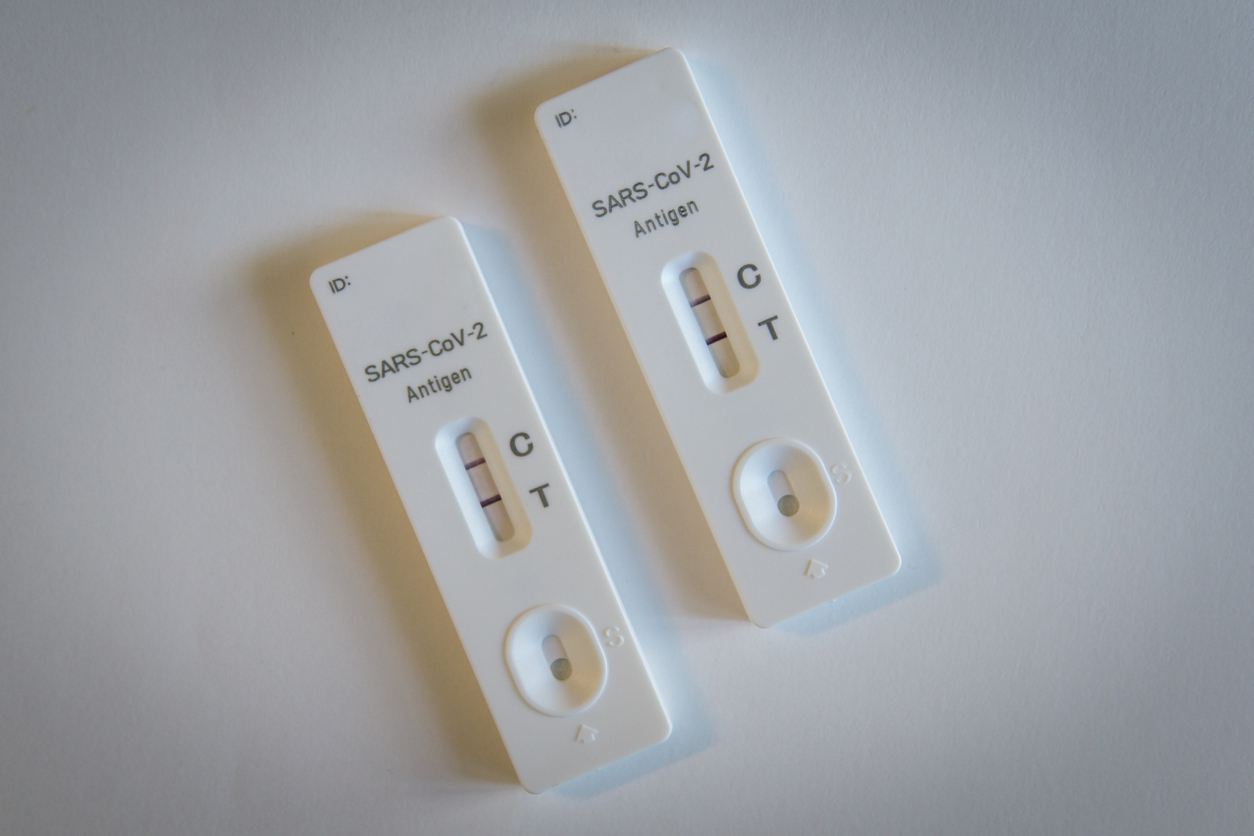Recipe of the Month: Spider Cheeseball
Get a brand new, kidney-friendly recipe* delivered to your inbox each month, courtesy of Jessianna Saville, MS, RDN, CSR, LD, CLT, a member of the Ed Center Advisory Council and Founder & CEO of the Kidney Nutrition Institute. October’s recipe is perfect for a Halloween get together, or just anytime you’re craving some cheese (disguised as a spooky spider or not!): Spider Cheeseball Recipe create by Jessianna Saville, MS, RDN, CSR, LD Ingredients: Makes 16 servings 1 8 oz package, softened cream cheese (Check your packages carefully. Lowfat is not always the lowest in sodium.) 2 oz feta cheese crumbled 2 tablespoons olive oil 2 cloves garlic minced (If you [...]










